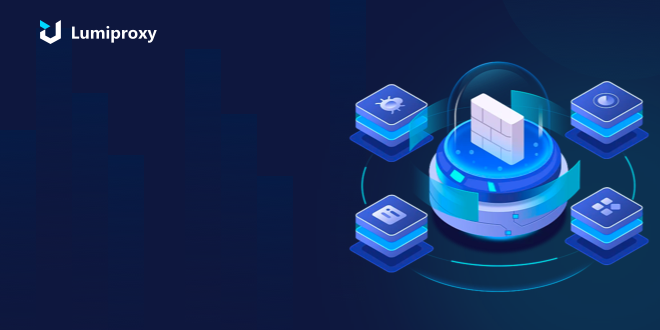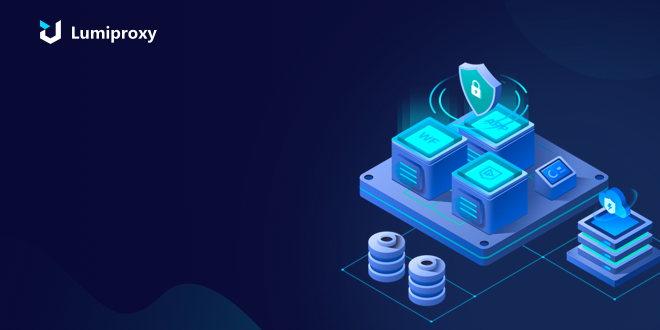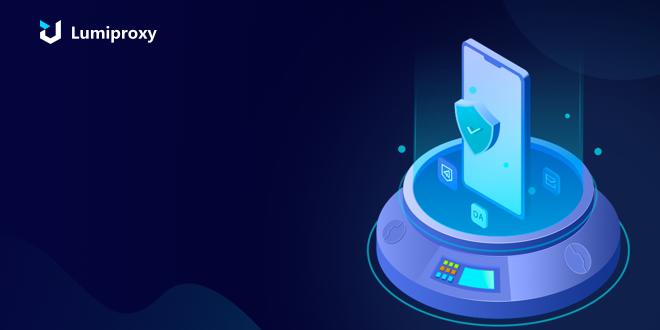With the development of the internet and the explosive growth of information, data collection and processing have become indispensable needs for businesses and individuals. In this context, web scraping and web crawling have become two common methods of data collection. Although these two methods may seem similar, there are significant differences in their approaches and objectives. This article will provide you with a detailed introduction to the definitions of web scraping and web crawling, explain their differences, and explore how overseas residential proxies can optimize these two data collection methods.
I. Definition of Web Scraping
Web scraping, also known as web data extraction or web crawling, is an automated method of data collection. It involves sending HTTP requests to target websites, retrieving specific data information, and extracting the data from web pages. The purpose of web scraping is to obtain specific data, such as news articles, product information, etc., and save this data to local files or databases. Web scraping is commonly used in the construction of search engines, news aggregation websites, price comparison websites, and other business fields.

II. Definition of Web Crawling
Web crawling, also known as web spider or web bot, is a process of automatically accessing web pages on the internet and collecting information. The objective of web crawling is to gather as much data as possible and extract useful information from it. Unlike web scraping, web crawling focuses more on comprehensive data collection rather than specific data. Web crawling is commonly used in data mining, market research, competitive intelligence, and other business fields.
III. Differences Between Web Scraping and Web Crawling
1.Different Objectives: The main objective of web scraping is to obtain specific data information, while web crawling emphasizes collecting as much data as possible.
2.Different Scope: Web scraping usually targets specific web pages or websites, while web crawling traverses the entire internet to collect a large amount of information.
3.Different Frequencies: Web scraping has a relatively lower frequency, primarily aimed at acquiring target data, while web crawling has a higher frequency with the main goal of comprehensive data collection.
4.Different Data Processing: Web scraping focuses more on data extraction and storage, while web crawling emphasizes data processing, analysis, and mining.
IV. Application of Overseas Residential Proxies in Web Scraping and Web Crawling
Both web scraping and web crawling require frequent sending of HTTP requests to obtain data. However, a large number of requests can trigger anti-scraping mechanisms on target websites, leading to restrictions or bans on access. To address this issue, using overseas residential proxies has become an effective method to optimize data collection.
Overseas residential proxies provide users with IP addresses from various locations globally, enabling IP address rotation and camouflage. By using overseas residential proxies, web scraping and web crawling can avoid being banned or restricted. The random switching and camouflage capabilities of proxy IP addresses make it difficult for target websites to identify web scraping behavior, ensuring stable data collection.
Additionally, overseas residential proxies can geolocate IP addresses, simulating user visits from different regions to target websites. In web crawling, data from specific regions may have special value, and using overseas residential proxies can obtain more comprehensive data information globally, providing greater support for data mining and market research.
In conclusion, although both web scraping and web crawling are methods of data collection, they have significant differences in their objectives, scope, frequency, and data processing. Web scraping is mainly used to obtain specific data, while web crawling focuses on comprehensive data collection. By leveraging overseas residential proxies, you can optimize the data collection process of web scraping and web crawling, avoid being banned or restricted, and obtain more comprehensive and accurate data information, enabling businesses and individuals to gain an advantage in a competitive market. We strongly recommend using overseas residential proxies when conducting web scraping and web crawling to ensure smooth data collection and data accuracy.
























 English
English